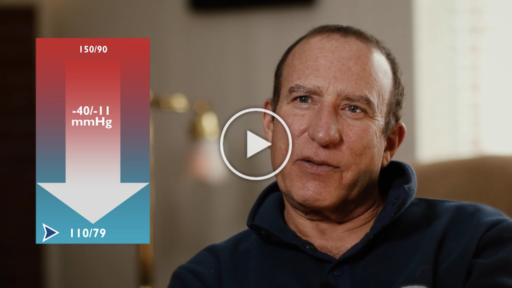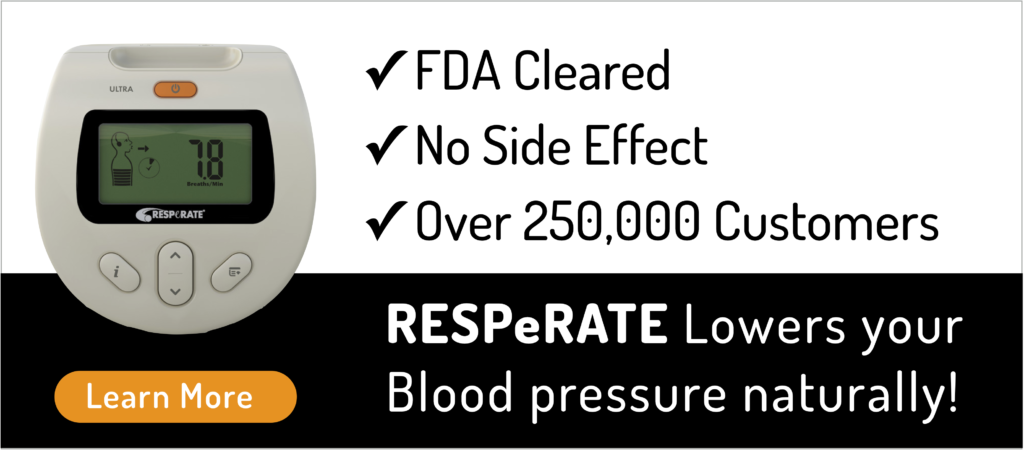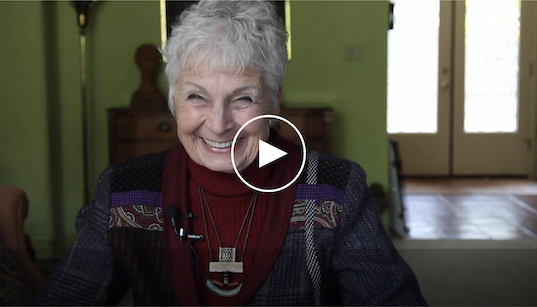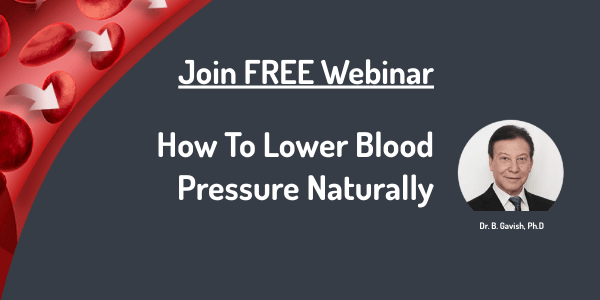How much salt do you need?
Cutting salt from your diet is not just about taking the salt shaker off the table, it is also about becoming aware where salt is hidden in today’s modern food chain.
We are advised by the Food and Drug administration that our daily salt intake should be no more than 2,300 mg daily. That’s about 1 teaspoon of salt daily. Not much really compared to how we really love our salt. NaCl or sodium chloride is man-made in a laboratory so you might wonder if sea salt is healthier for you. The main differences between sea salt and table salt are in taste, texture, and processing. The sodium contact, however, remains the same.
Yet even after removing the salt shaker from the table this only accounts for 20% of our intake. 80% of our daily intake of sodium comes from processed food. That’s right, foods like:
- Frozen meals
- Canned or pickled foods
- Snack foods
- Deli meat
- Cheese
- Condiments, sauces and dressings
- Breads
- Cereals
- Soda (including diet soda)
Only by checking labels will you know how much sodium is in your food. If you buy packaged or processed foods, choose foods that are labeled “sodium-free” or “very low sodium.” says George Thomas M.D
Does salt cause high blood pressure?
In his new book, “Salt Kills,” Cardiac Surgeon Surender R. Neravetla reveals that basic table salt and blood pressure are directly connected.
Along with all that hidden sodium in processed foods, salt is endangering your health and putting you at risk for a host of diseases. You see the human body is a fine-tuned, very complicated, beautiful dance of balance.
Unfortunately, we do not see it that way. We see the human body as a dumping ground for whatever food item is out there to swallow.
The Human body is comprised of 0.4% sodium chloride. Just the right balance for maintaining equilibrium with water in the body.
Within the human body active transport is responsible for the fact that cells contain a relatively high concentration of potassium ions but low concentrations of sodium ions. The mechanism responsible for this is the sodium–potassium pump, which moves these two ions in opposite directions across the plasma membrane.
Various cells in the body rely on this relationship, especially cardiac cells. Pump in pump out perfect balance. But what if we shift this balance by increasing sodium in our diet.
Too much salt breaks down the balance in the human body causing the following diseases.
- High blood pressure
- Stroke
- Heart disease
- Diabetes
- Osteoporosis
- Asthma
- Stomach cancer
- Dementia
Watch How Mark Lowered His Blood Pressure Naturally. It was 150/100, this morning it was 110/79 Watch Video
How sodium raises blood pressure
Excess sodium in the diet becomes excess sodium in the bloodstream, which pulls water into blood vessels in an effort to dilute the sodium concentration. When the amount of blood inside the blood vessels increases, so does blood pressure.
Sort of like turning up the water flow on a hose; as the water volume in the hose increases, so does the pressure.
Although nearly everyone can benefit from sodium reduction, some people are more salt sensitive than others and will experience greater fluctuations in blood pressure depending on the amount of sodium they consume. Scientific research indicates that these individuals who might benefit the most from salt reduction often include those who are older, African American, and have high blood pressure, diabetes or chronic kidney disease.
Below is a short interview video with Dr. R. Neravetla, in which he explains why he wrote his book, on the connection between salt and blood pressure
Risk of Chronic High Blood Pressure in Women
Increased salt intake can cause our hands and feet to swell. This is because with the increase in salt the body compensates by retaining fluid to dilute the salt. In women the stretching of cells because of too much salt intake causes them to rupture. When this occurs the cells dump their contents into the bloodstream causing a cascade of immune responses that may contribute to chronic high blood pressure.
According to Dr. Jennifer C. Sullivan, pharmacologist and physiologist in the Department of Physiology at the Medical College of Georgia at Augusta University, ” If you are salt-sensitive, you retain salt, you retain water, you have an increase in volume, you start to stretch things and stretch is bad for cells.”
What is fascinating is when the cells rupture because of too much salt it triggers an immune response which includes an inflammatory response. The inflammation causes the blood vessels to constrict and this, in turn, increases your blood pressure.
The inflammatory response can also affect how your kidneys manage fluid. How well your blood vessels expand and contract in response to volume demands. Even the brain’s activation of the sympathetic nervous system, which all increase blood pressure.
Cutting back
Salt (sodium chloride) is found in most foods, natural or processed, but processed foods contain much, much more. According to the Centers for Disease Control and Prevention, 90 percent of the sodium Americans eat comes from restaurant food, prepackaged and processed foods. Only about 5 percent to 6 percent comes from salt added at the table.
The best ways to cut back on sodium is:
- Eat more fruits and vegetables. Canned and frozen are OK, but look for no salt added or low-sodium versions.
- Read the Nutrition Facts label to check for sodium content. Sodium can vary greatly among brands of the same foods.
- Eat at home more often. Try to prepare more meals from scratch, using less added salt.
- Ask restaurants not to add salt. Check out the nutrition information on restaurant menus for sodium levels before you order.
- Retrain your taste buds. Over time, you’ll grow accustomed to less salt and even prefer it.
So despite all the contradictive information out there many physicians are still adhering to the no salt school of thought. This was the first thing my family doctor and cardiologist said I had to kick out of my diet. Try it an see your numbers drop naturally.










 Download Brochure
Download Brochure
Is Himalayan Pink Salt safe for high blood pressure patients ?
All salt is sodium chloride. Himalayan Pink salt may have some added minerals. But it’s no better nor worse than other salt.
People who drink soften water are not aware that it contains high levels of salt, regular filters do not remove sodium you will need a RO (Reverse Osmosis system) to completely remove sodium.
[email protected]
Not so. In 8 oz, tap water has 9 mg sodium and soft water has 12.5 mg. The FDA states this amount is “very low.”
For comparison, a slice of whole wheat bread has 211 mg.
APPRECIATE THE SOLID INFO